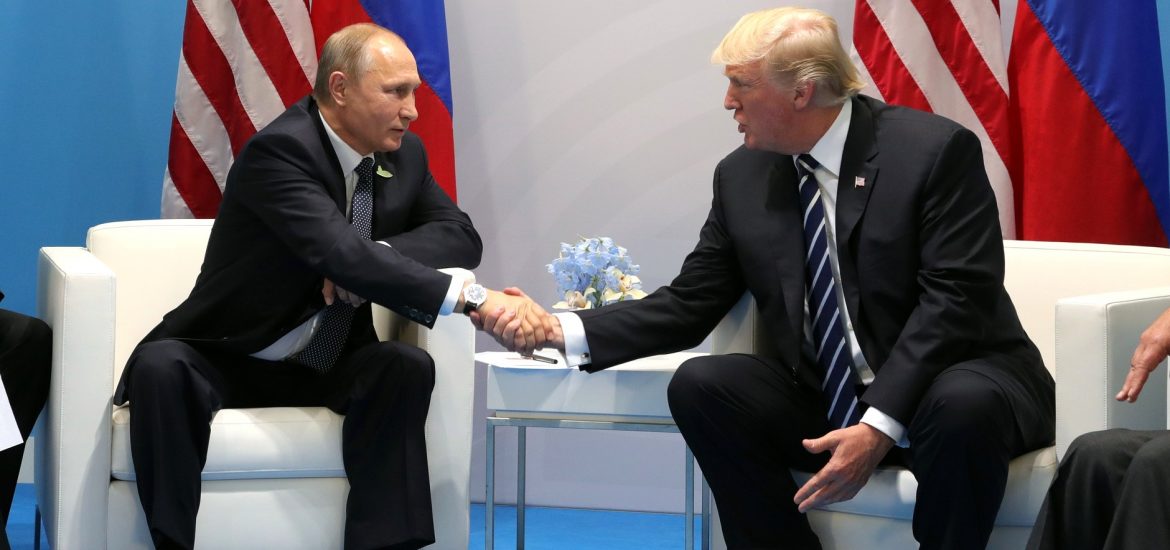
At least the battle lines are no longer fuzzy.
In advance of the 24th meeting of the Parties to the United Nations Framework Climate Change Conference (COP24) in Katowice, Poland, the United States joined three countries that desperately want to maintain oil’s dominance in the global energy mix – Russia, Saudi Arabia, and Kuwait – and to suppress evidence that the planet is warming.
The four major oil-producing countries objected to the conference “welcoming” the UN Intergovernmental Panel on Climate Change (IPCC) report on climate change as part of the COP24, instead preferring simply to “note” the report exists. The IPCC report maintains urgent measures are needed to avoid eclipsing 1.5°C barrier for global warming, which is likely to trigger extreme heat, drought, and flooding.
The Trump Administration has been remarkably consistent in rejecting global efforts to combat climate change. This move, however, is more petty and nonsensical than even his withdrawal from COP21 in 2017. It is one thing to pull the United States out of a “bad deal” in his view; it is another to openly antagonize the global community.
The move only makes sense if Trump and his oil-producing buddies in Moscow, Riyadh, and Kuwait City genuinely fear global momentum to combat climate change. In which case, the question of whether Russia and Saudi Arabia have influence over the U.S. president seems more relevant than ever.
Distract and divide
The timing suggests personal motives, chief among which would be distracting media attention from revelations last Friday that the Trump campaign very likely colluded with Russia during the 2016 elections and, in earlier revelations, attempted to build a tower in Moscow in 2016. Meanwhile, the Democratic Congress announced yesterday that it would investigate ties between Saudi Arabia and Trump’s son-in-law, Jared Kushner.
Anyone monitoring the Mueller investigation knows that the president always counters bad news with a Tweet or policy shift that aims to electrify his climate change denying, immigrant-fearing base, enrage everyone else, and distract the media. It is also worth wondering, given that we don’t know the degree to which Trump is compromised by Russia, whether this weekend’s policy decision on climate language is even Trump’s true position. Undermining global efforts to increase renewables is a concrete, unprovable way that Trump directly backs Moscow’s interests.
Trump thrives at sowing division at home and abroad. Disagreeing with the global community on climate change may be simply too tempting for him to resist. The strategy is also quite effective. Division undermines global cooperation and consensus. Few people. moreover, are scientists – they mostly rely on political leaders to shape their opinions on the matter. By denying the validity of the IPCC report, as well as disbelieving his own government’s similarly damaging report published two weeks ago, the Fourth National Climate Assessment, Trump arrests global momentum on tackling climate change.
Oily confidence
Since the onset of his presidency, Trump has consistently sided with oil-producing countries like Russia, Saudi Arabia, and Kuwait who have clear reasons to dispute the veracity of climate change. All three countries want to defend and extend oil dominance’s in the global energy mix. Does the United States?
The president’s pursuit of U.S. energy dominance, which essentially means producing and exporting as much U.S. oil and gas as possible, has been quite successful in the short term. While OPEC and Russia have cut oil production since 2016, buoying prices, U.S. production has soared since the start of the 2010s and given the country geopolitical leverage over the oil market. Look no further than Iran, where the Obama-era sanctions only succeeded because of U.S. shale production. Today’s sanctions enjoy a similar dynamic, and price has even fallen since the sanctions were implemented. Shale appears set to surge again in 2019, which will prompt further cuts by OPEC and Russia, who desperately want higher oil prices.
The language change partly reflects Trump’s burgeoning confidence on oil matters. By aligning with producers, Trump assures a global market in which the United States dominates.
Caged birds sing
In the long term, these are more than bad optics for the United States. Even major international oil companies acknowledge climate change and at least publicly pledge concern while going about business as usual.
Changing language before COP24 says more about the real concerns of Russia, Saudi Arabia, Kuwait, and the United States about the current energy transition. Renewables have the backing of a global power, China, and global cooperation on climate change continues to grow.
Whether the language change reflects desperation, compulsion, or realpolitik, the global community should ignore it and focus on the task at hand.





